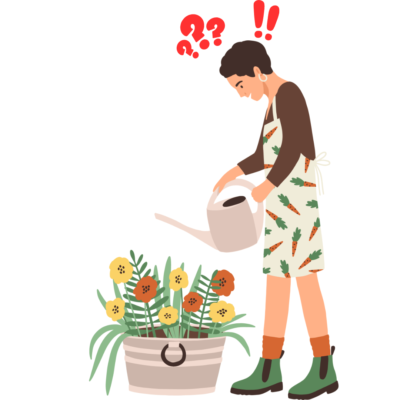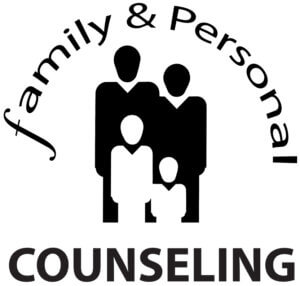
Managing Disruptions in Your Peaceful Activities
Self-care activities are meant to soothe our souls and calm our minds. But what happens when these activities themselves become sources of stress? For example, a gardener might find their zen-like hobby turning to frustration when pests and rodents attack their plants. Check out some of these suggestion on how to handle when self-care stressors rob your peace.
Recognizing the Self-Care Stressors Shift
It’s crucial to acknowledge when a once-peaceful activity begins to cause stress. This recognition is the first step in addressing the problem. Observe your emotions and identify what specifically about the activity has changed. Is it external factors like bunnies in your garden, or internal factors such as heightened expectations?
Adjusting Expectations
Often, the stress arises from our expectations. If gardening, once a leisurely activity, becomes about producing perfect results, the pressure can mount. Reset your expectations. Remind yourself why you started the activity in the first place. Was it for the perfect outcome, or for the pleasure of the activity itself?
Incorporating Flexibility
Flexibility is key in managing stress from self-care activities. If pests are ruining your gardening, consider researching natural deterrents or perhaps shift your focus to plants that are less pest-prone. Adapting your approach can reclaim the joy and reduce the stress associated with the activity.
Seeking Alternative Solutions
When a favored stress-relief activity becomes a source of stress, it might be time to explore alternatives. This doesn’t mean giving up on your hobby, but rather, allowing yourself the space to enjoy other activities. Diversifying your self-care routine can provide a fresh perspective and reduce the pressure on any one activity to serve all your relaxation needs.
Embracing a Change in Self-Care Routine
Embrace the idea that self-care is a dynamic process. What works today may not work tomorrow, and that’s okay. By staying flexible, adjusting expectations, and being open to change, you can ensure that your self-care practices continue to serve their purpose—providing relief and relaxation, not create self-care stressors.


